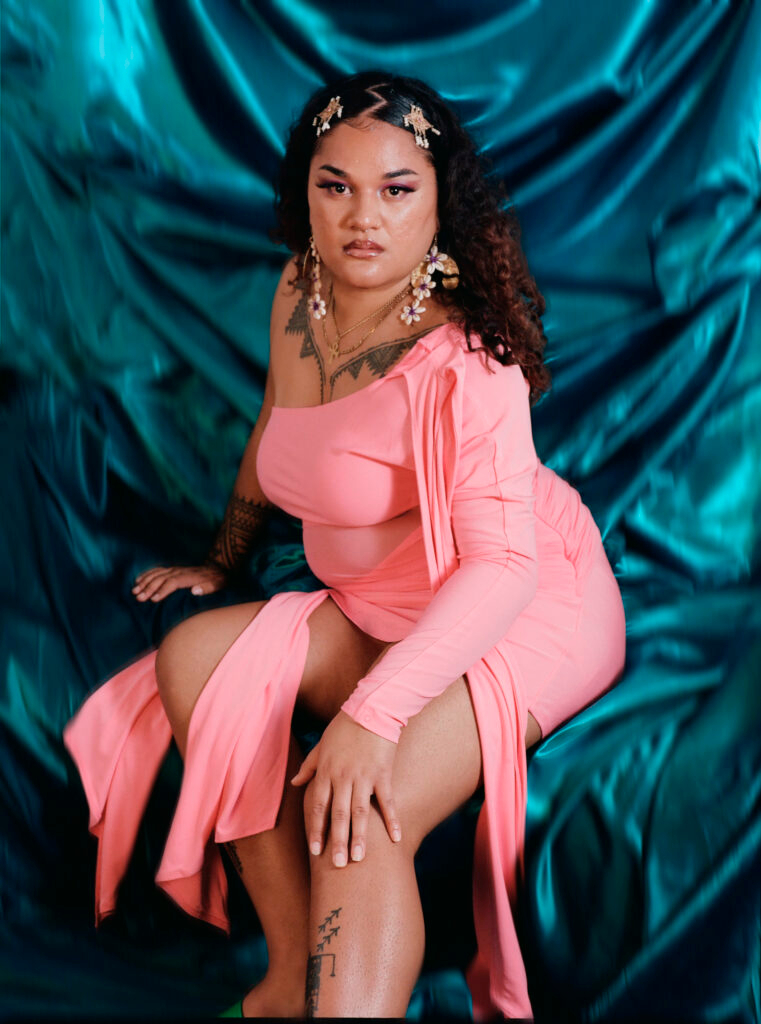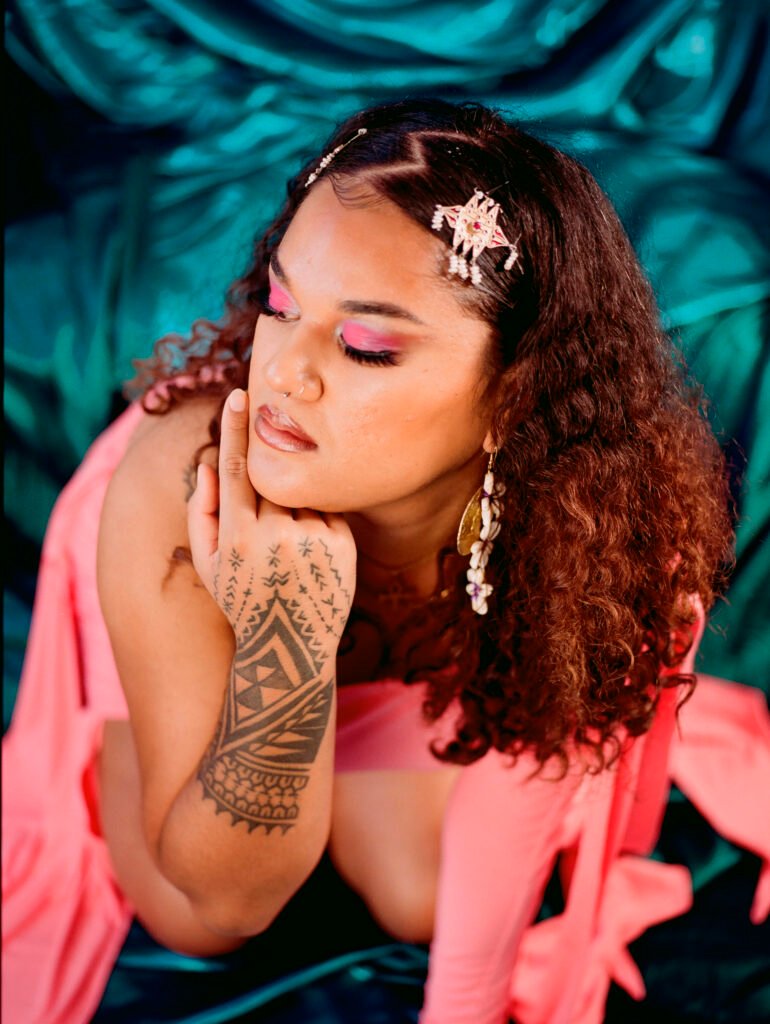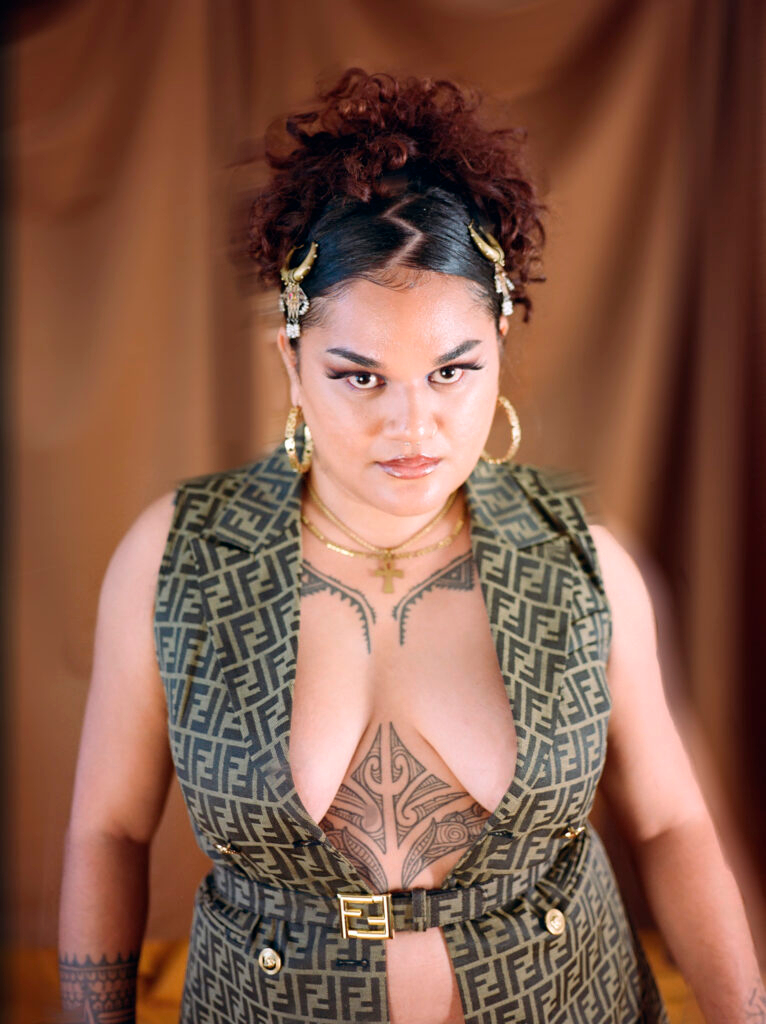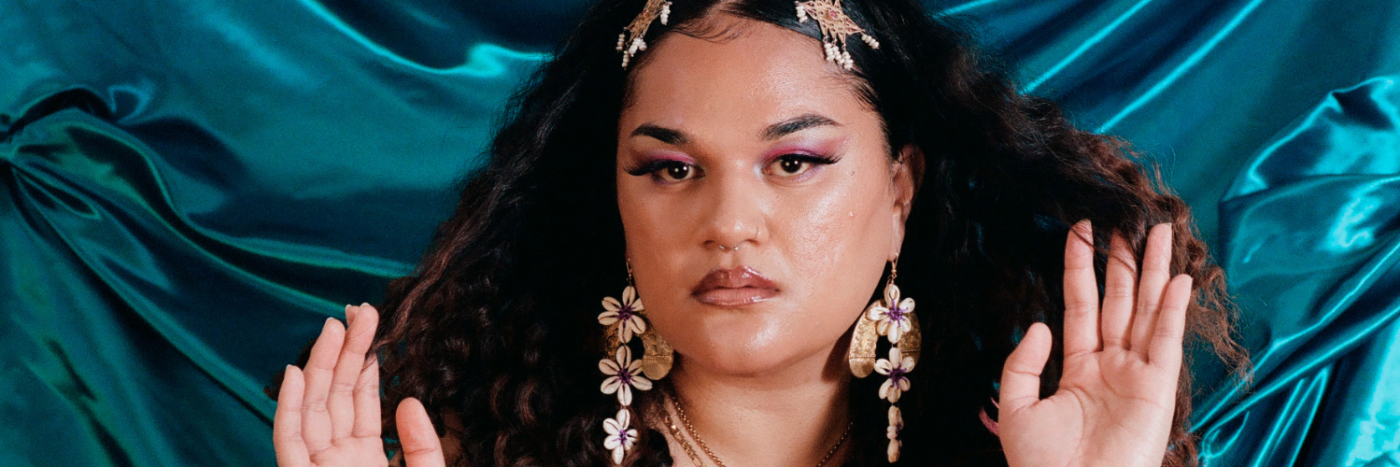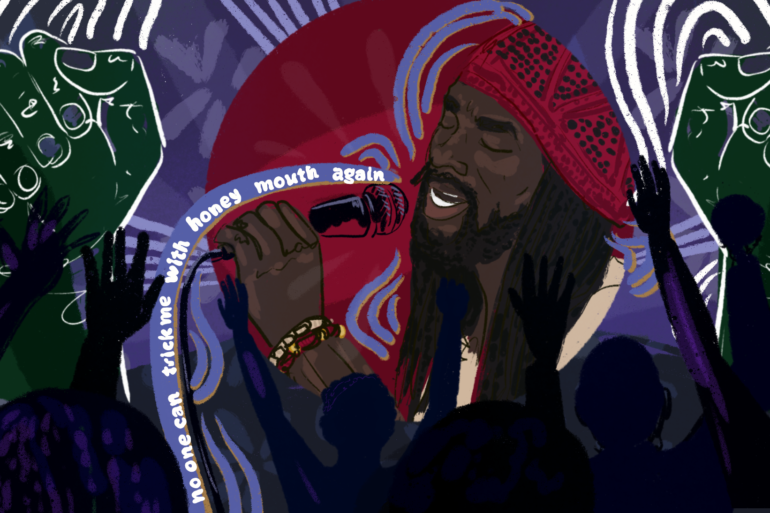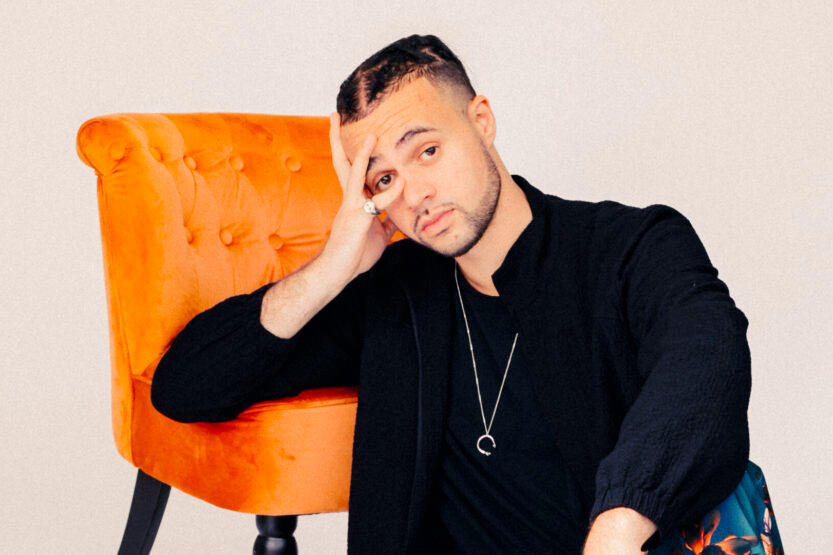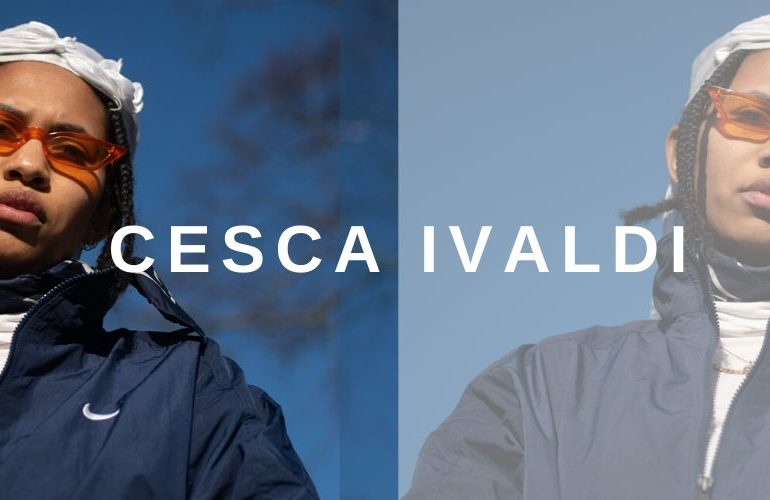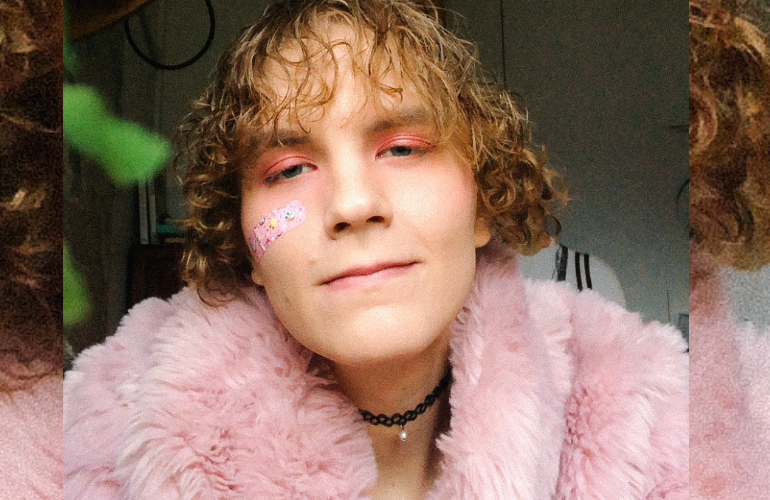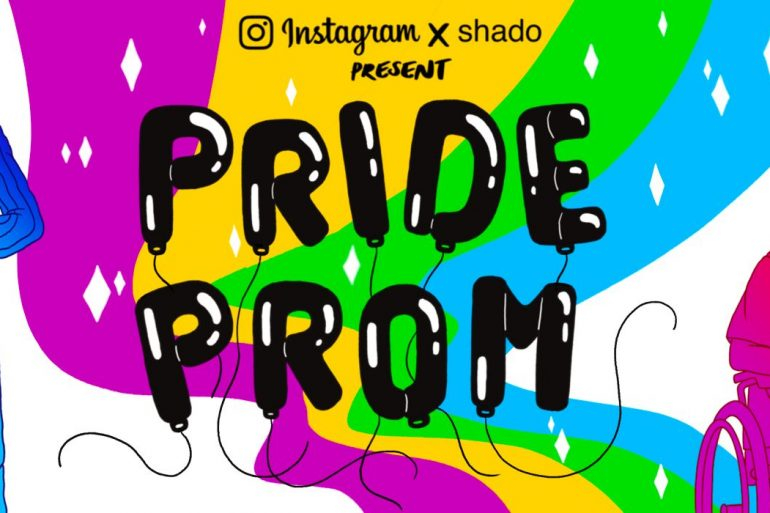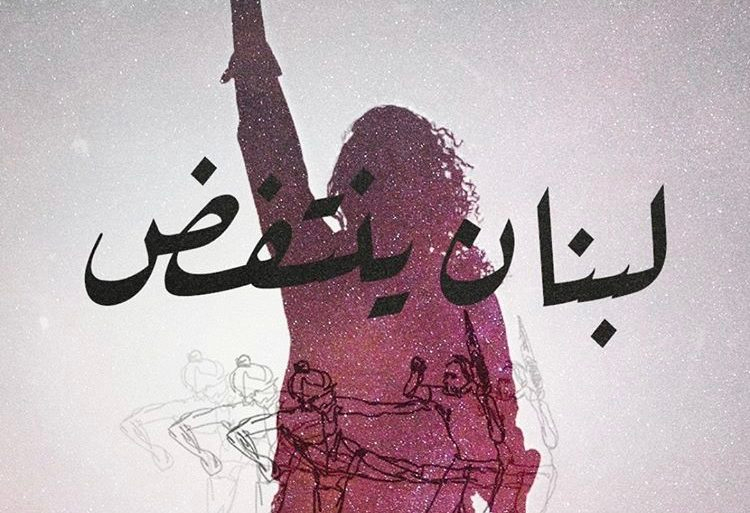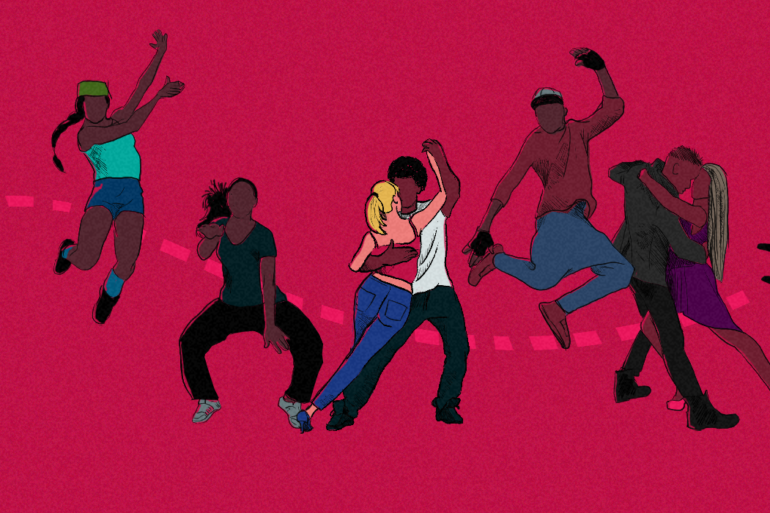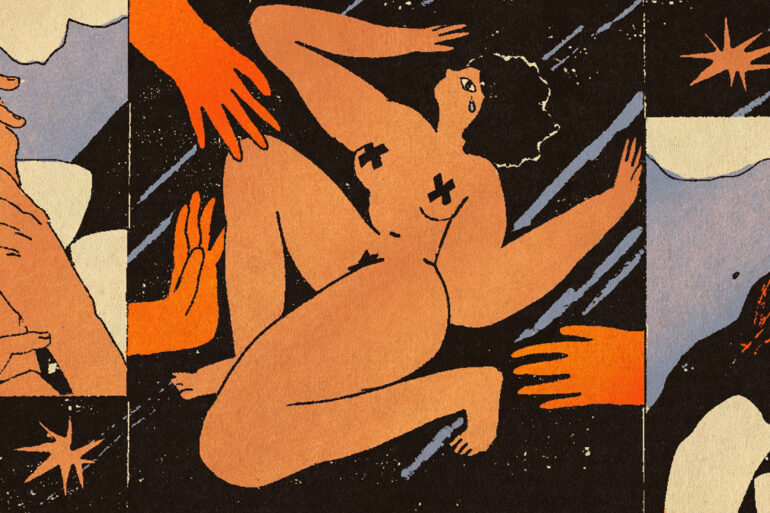The 1960s and 1970s saw a wave of migration from the Pacific Islands to Aotearoa (New Zealand) as part of the government’s bid to attract low-wage labour to grow the economy in the post World-War II years. Since many of these jobs were located in the city of Tāmaki Makaurau (Auckland), migrant Pacific Islanders/Pasifika resided in Central Auckland in areas, such as Ponsonby, alongside Māori communities, their Pacific cousins, where they formed tightly-knit intergenerational communities that took care of each other.
However, a series of changing immigration policies, coupled with the institutionalised targeting of Pasifika through the Dawn Raids in the mid 1970s-1980s, and the ongoing gentrification that started in the 1980s uprooted these communities. Pasifika families were pushed out to the margins of Tāmaki Makaurau and their homes were replaced by expensive villas with white (Pākeha) residents.
This pattern is eerily similar to the Windrush scandal in the UK, where Caribbean immigrants who helped rebuild the country were forced to prove their legal status after immigration policy changes, causing many to face deportation despite having lived in the UK for decades. Both situations have exposed systemic biases and highlighted the negative impact on the respective marginalised communities.
Specifically in Aotearoa, these acts of racial targeting and land disposition were and are completely antithetical to the promises made through Te Tiriti o Waitangi, the foundational treaty signed between the British Crown and several Rangatira (chiefs) of the Māori iwi and hapū (tribes and sub-tribes) in 1840.
I learnt about this chapter of colonisation in Aotearoa because of my love for the waiata (songs and anthems) of the islands. By listening to the music, and reading the stories of artists that created them, I understood the continuing struggle for Tino Rangatiratanga – the absolute sovereignty for Māori over Māoridom, as pledged by Te Tiriti.
While many of these artists have focused on revitalising Māori music through different genres, one artist is a rangatira leading a new wave of artistry with a unique rallying cry – Re-Indigenise club culture. World-renowned DJ and artist Shakaiah Perez – who goes by Lady Shaka – grew up in Ponsonby in the era of gentrification, witnessing first-hand the effects of these changing demographics on her vibrant Māori and Pasifika whānau (extended family). Her personal story is reflected in her words:
“Re-Indigenising club culture is about reclaiming spaces that were taken from us, spaces where we were not made to feel welcome, especially, being on Māori land and talking about Māori Indigeneity and Māori reclamation of club culture,” Lady Shaka says when we catch up over Zoom. When we speak, she has recently completed her Boiler Room performance in Bristol and is preparing for an intense summer of performances, including releasing her first single, performing at Glastonbury, touring East Asia – South Korea (Hajodaze Festival), Japan (Circus Osaka, Circus Tokyo), and DJing at multiple venues across Europe.
She continues: “We don’t just belong to hip hop and reggae music. We are electronic music as well. We’ve been out here making this music for a long time and we’re here to reclaim that space and re-club; to reclaim autonomy over these spaces and over the way we interpret electronic music.”
Of course, music has always existed within Indigenous culture across the world. When it comes to its re-Indigenisation, Lady Shaka views the movement as an endeavour to take back spaces that were appropriated – and then, repurpose them for Black and brown folks to operate and feel comfortable without fear of judgement, even from their own communities.

This cultural reclamation exemplifies the challenges faced by colonised peoples. It involves unlearning deeply ingrained notions of cultural inferiority, understanding what was taken away to diminish their sense of identity, and fostering communal support to revive and recreate traditions. An important aspect often overlooked is how this reclaimed culture, space, and artistry purges toxic traits that may have been present in the traditions.
Lady Shaka is explicit about the need to challenge the notion of musical origins. “So much of the music we listen to nowadays in society, whether it be rock, hip hop or techno, it all stems from Black culture and Black music,” she says. “And I think that’s one thing that a lot of people don’t really understand. A lot of people associate electronic music with White communities as opposed to the communities where it actually came from and stemmed from.”
Without a doubt, there is an overwhelming association of electronic music with Whiteness in the public imagination. Despite the overwhelming visibility of straight, White, male DJs, the roots of the genre are steeped in Black creative endeavours, whether it is House music from Chicago, Techno music from Detroit, or Dubstep from Jamaican immigrants in South London.
Celebrating Cultural Connections and Challenging Boundaries
As an Afro-Polynesian, Lady Shaka is nuanced about the shared experiences of Black people and Pacific Indigenous people, especially in the ways it relates to music.
“There’s always been this big appreciation and love and connection with hip hop music, specifically with Pacific and Māori communities,” she says. “I feel like while growing up, a lot of our communities really looked up to how things were done in America with that culture there and their appreciation.”
This is reminiscent of how several Dalit artists in India have found solace and expression in hip-hop as a medium. They have not only embraced the art form but also adapted and incorporated Black American emancipatory strategies into their own struggle for liberation. The Dalit Panthers and the Polynesian Panthers in Aotearoa serve as prime examples of marginalised communities fostering solidarity and igniting social change, drawing inspiration from the Black Panther Party.
However, Lady Shaka is quick to differentiate between appreciation and appropriation amidst an ongoing conversation around hip-hop and anti-Black racism in Aotearoa. “You can be very inspired by something, and have a shared love for it – but without shared experience, you can’t stake a claim that really belongs to someone else, you know?”
This often overlooked aspect holds significant importance when discussing the nuances between appreciation and appropriation, as it is intricately tied to individual and communal identity. It is not only crucial to raise this point in such conversations but also to consider the identity of the person making it. Indeed, the identity of the individual lending credibility to this point adds further weight to their perspective. Lady Shaka is one such individual whose multifaceted identity has allowed her to move between worlds by empathising with different communities.
Breaking Barriers and Paving Paths – Radical Hope in Art and Identity
Lady Shaka is a femme queen with Māori, Samoan, Tahitian, Tokelauan, Tongan, and Cape Verdean whakapapa (genealogy). When we talk about her sense of identity as an artist, she says: “It’s great to be someone who is able to represent the different communities that I come from – but I think also there is a pressure for me being a trans woman and having that intersectionality with representing the culture.”
While she has endured and fought back against transphobia and racism from all sides – including from within her own communities – Lady Shaka is radically hopeful. While she admits that the pressure can be high, she believes it’s well worth it. “Every time I get to achieve something new or be in new spaces and be able to represent my community, I’m excited by what is to come. I may be the only one here now, but I won’t always be. It’s time to knock down these doors that White men essentially hold in front of us to limit us to what our full potential could be.”
Indeed, for marginalised artists, the fight against such gatekeeping often has to go hand in hand with fostering a community of other marginalised artists, who share similar struggles. By doing so, the brunt of the dominant culture is not borne by one individual, but by a collective, thus increasing the possibility of creating a new culture with more equitable representation.
Subscribe to shado's weekly newsletter
Exclusive event news, job and creative opportunities, first access to tickets and – just in case you missed them – our picks of the week, from inside shado and out.


Cultural bridges and sonic landscapes: a musical odyssey across borders
Lady Shaka’s multifaceted identity is also reflected in her musical artistry. When she is overseas and knows that there aren’t many [Pacific] Islanders (including Māori) in the audience, she is intentional about “putting our music out there, so more people can experience our sound.” At the same time, when she is in Aotearoa, she knows exactly what kind of music to play “for the Aunties in the corner.” Ultimately, she says, “What I want to do is use music from all around the world like, I guess that’s just the way I was raised. I was raised around so much different music.”
This musical upbringing is what helps her create an atmosphere where people can let loose, have fun, and fully immerse themselves in the experience, whether it is in the UK (where she currently lives), or Aotearoa, or elsewhere in the world.
When we talked about her experience of performing in other places in the world, Lady Shaka recounts a memorable quote from a producer in India who told her: “We don’t need White DJs any more,” emphasising the shift towards re-Indigenising club culture and reclaiming spaces globally. She was particularly impressed by the realisation in India that relying on local DJs can create an incredible club culture which does not depend on international DJs.
There is a decades-long debate about whether specific nation state-based societies are more individualistic or collectivist based on Global North/South divides. Regardless of the outcome of these debates, the practice of inter- and cross-community nurturing is becoming a definitive feature of the cultural change that many of us aspire to be a part of.
Self-discovery, Empowerment, and Queer Indigeneity
Looking back, Lady Shaka reflects on how her journey of embracing her multiplicities of identities had its own hurdles. After finishing high school, she was more interested in connecting with her Cape Verdean side by going to more Afrocentric clubs. “You know, there were obviously other mixed-race kids around me or other children who were of Black descent or had Black ancestry. But going to these spaces and just fitting in the way that I was, welcomed with open arms by the community, was amazing” she says.
When talking about her own queerness, she says, “When I was younger, I tried to not be a part of the LGBTQI+ community. I wasn’t trying to be a representative for the trans community. Like a lot of the girls that I grew up with who were trans as well, I just wanted to pass and just live my life and have fun.”
It was after joining the UK-based theatre show Hive City Legacy run by the Hot Brown Honeys, a collective of queer Black and brown women, that Lady Shaka began to feel an immense sense of pride in being trans and being comfortable in her own body without shame. This experience would pave the way for her to create Pulotu Underworld, club nights for and by queer Polynesians to celebrate Tangata Moana (people of the Pacific).
“When I came out of school, there was no visible Black and brown queer community [and] I didn’t associate with the White LGBTQI+ community. So, I was like, why would I want to be a part of it? If I don’t even fit in there, I can’t relate to anyone there,” she recounts. However, she is optimistic about the changes in Aotearoa today. “Over the years, it’s definitely changed. And I think just creating spaces for Black and brown, young queer kids to feel that they can be comfortable and live and breathe in these spaces and be proud of who they are is so important.”
In her view, the burgeoning music scene in Aotearoa, especially in Tamaki Makaurau featuring mixed race musicians, such as rapper Nauti and Takatāpui artist Samara Alofa, are vital for creating this atmosphere of change.
Lady Shaka’s journey of self-discovery is a familiar and deeply personal one for queer brown people like me, who began exploring the intersections of their queer and racial identities in their 20s. Having been socialised as a boy and then a man, I was extremely guarded about being gender non-binary until I consciously surrounded myself with more queer brown people and subsequently, I developed the vocabulary to talk about it more confidently. Subject to one’s privilege, the temptation to pass can be high but the cost of denying the space to know one’s truth is so much higher.
Fostering Communities – a Vision for Inclusive Club Culture
When talking about her future and her vision for club culture, she says, “I’m working towards creating a space where I can be like, cool, I’m playing at my marae. For me, re-Indigenising club culture is about taking it to the spaces where it should be, the spaces where we come from, and putting on events in these small communities and in these rural towns to make sure that our people also feel like they’re a part of it as well.”
I believe that this is such a powerful idea because it subverts our expectations of what a club is supposed to look like. Reclaiming and re-Indigenising the culture by reimagining it as an inclusive familial space helps bridge several gaps, such as the one between rural and urban Māori communities. Rural Māori communities tend to have a higher degree of connectedness to their tribal affiliations and ancestral lands by virtue of proximity to those physical spaces compared to urban Māori communities.
In terms of having diverse representations of music, she adds, “I like to have spaces where everyone has a little bit of something that they enjoyed about that night. So, I hope with the evolution of club nights that we don’t just have nights that are strictly one genre, but also have nights that are multi-genre and that are also respected as being multi-genre events.”
Finally, she emphasises how important it is to make clubbing age-inclusive, “At my last gig in Aotearoa, there was such a wider range of ages – all the aunties and uncles were out. And I was like, I love this, you know, music is for all ages and all ages should be able to shake ass.”
My interview with Lady Shaka was an exploration of truth and a space for reflection but most importantly, it was a joyous kōrero (conversation). When I bid her farewell with a “ngā mihi” (big thank you), I felt personally elated because of how much care Lady Shaka took to describe her thoughts and experiences – seamlessly interweaving personal anecdotes with broader ideas of identity and Indigeniety.
Her vision to re-Indigenise club culture is part of a larger wave of a cultural renaissance that is taking place across the world, in which Indigenous communities, their value systems and practices are receiving much more attention than they have had in past decades. This might also have been precipitated by increasingly frequent climate catastrophes – there is a clear need to better understand Indigenous custodial relationships with the land and the sea. Thus, it is vital that Indigenous artists like Lady Shaka lead this cultural renaissance by protecting the sovereignty of traditional knowledge while radically exploring new forms of Indigenous expression.
What can you do?
- Follow Lady Shaka on Instagram, TikTok, Twitter and her own website
- Listen to Lady Shaka on Spotify and SoundCloud
- Follow these people/organisations doing invaluable work in Aotearoa:
- Read:
- Takatāpui artists on what it means to be Māori and queer
- A trans history of gay liberation in New Zealand
- Our Pacific communities do have love for us
- We’re part of New Zealand’s Pacific story
- I’m a Pacific Islander Too: Melanesian Women on Colorism and Anti-Blackness
- Decolonisation and stories in the land
- Watch/Listen:
- Other articles related to club culture:

